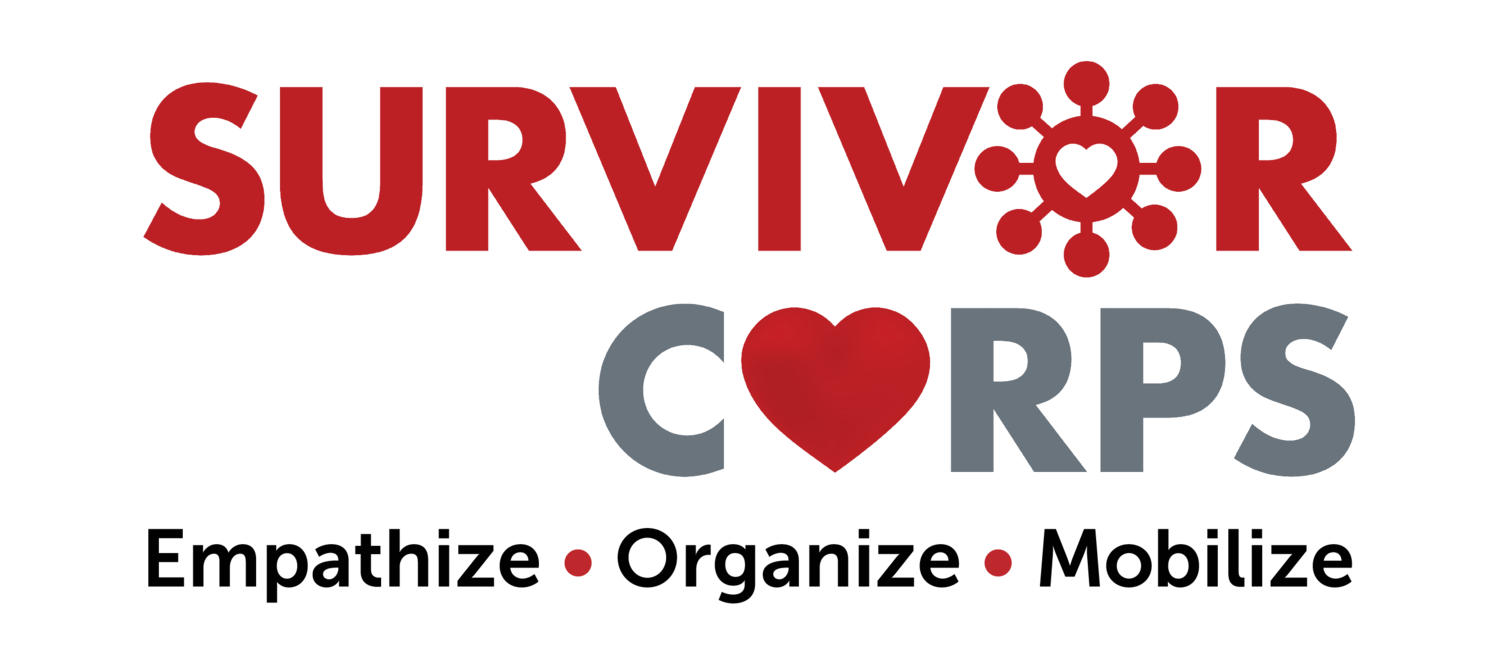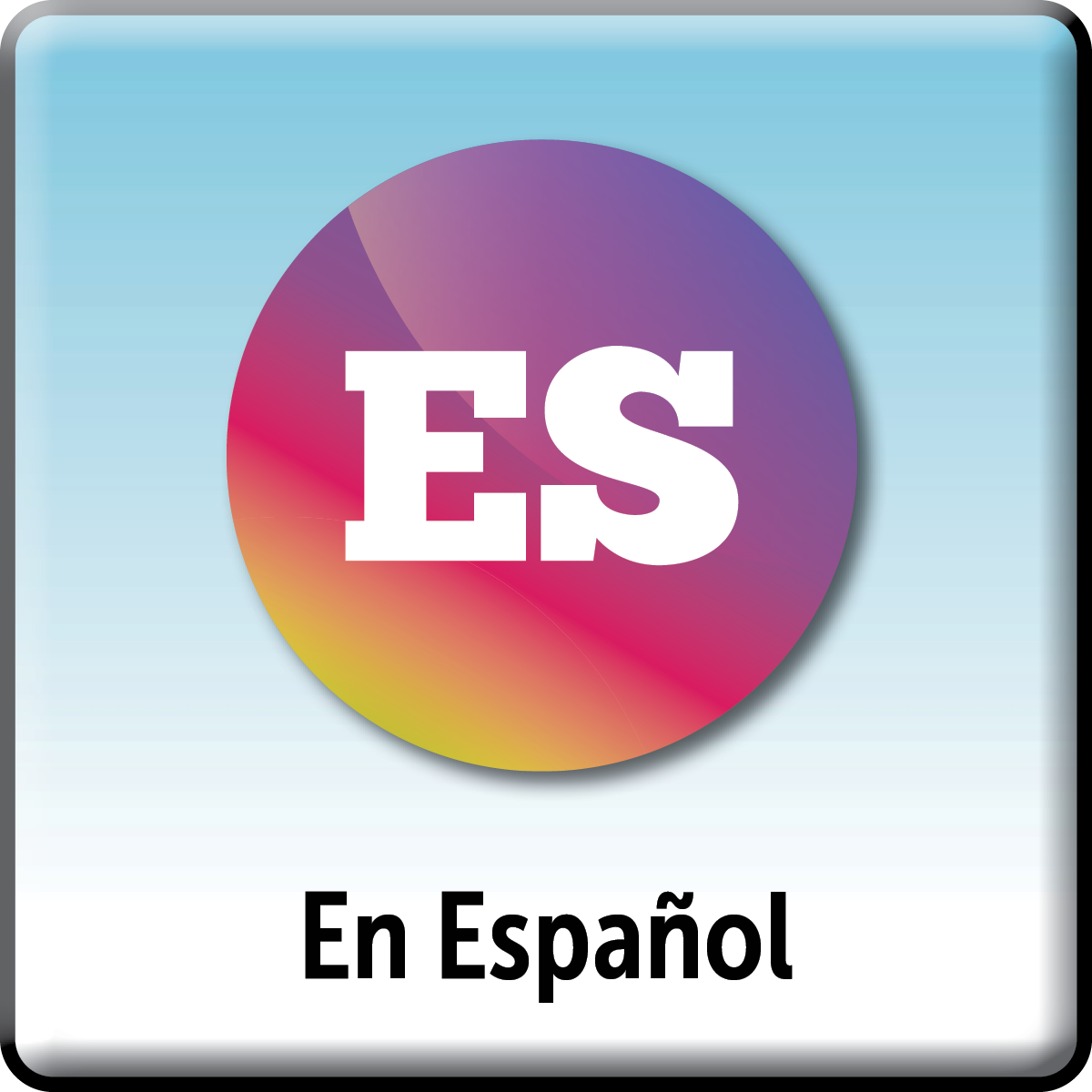
What are Monoclonal Antibodies (mAbs)?
Dr. Rachel Levine: The Importance of MonoclonalAntibody Treatment for COVID-19
Monoclonal antibodies (mAbs) are laboratory-made proteins that mimic human antibodies in the immune system.They serve as ‘substitute’ antibodies that are administered to an individual before they can make their own natural antibodies. Monoclonal antibodies help the immune system to recognize and fight off harmful, disease-causing agents such as the coronavirus that causes COVID-19. COVID-19 infection can be treated with a single mAb or with a combination of two mAbs administered together. Treatment is given through either infusion or injection, depending on the provider. Read more information from HHS.
More information on mAb history and development:
COVID-19 Antibodies on Trial (Nature Biotechnology)
Monoclonal Antibodies: Update on this COVID-19 Experimental Therapy (Discovery’s Edge | Mayo Clinic)
En Español:
Who can receive Monoclonal Antibody (mAb) treatment?
General Patient Eligibility Requirements for mAb Treatment (FDA):
POSITIVE direct viral test result for SARS-CoV-2 (Antigen or PCR, rapid or non-rapid test)
Within 10 DAYS of COVID-19 symptom onset
12 years of age or older, weighing at least 40 kg (88 pounds), and at HIGH RISK for progressing to severe COVID-19 and/or hospitalization
HIGH RISK is defined by a minimum of one of the following from the list below: (Other medical conditions or factors [i.e. race or ethnicity] may also place individual patients at high risk for progressing to severe COVID-19 and authorization of treatment under the EUA is not limited to the medical conditions or factors listed below. For additional information on medical conditions and factors associated with increased risk for progressing to severe COVID, visit the CDC website. Healthcare providers should consider the benefit-risk for their individual patient.)
Older age (for example, age ≥65 years of age) or
Adult Obesity (BMI >25 kg/m2) / Tween Obesity (ages 12-17, BMI ≥85th percentile for their age and gender based on CDC growth charts) or
Pregnancy or
Chronic kidney disease or
Diabetes or
Immunosuppressive disease or treatment or
Cardiovascular disease (including congenital heart disease) or
Hypertension or
Chronic lung diseases (for example, chronic obstructive pulmonary disease, asthma [moderate-to-severe], interstitial lung disease, cystic fibrosis and pulmonary hypertension) or
Sickle cell disease or
Neurodevelopmental disorders (for example, cerebral palsy) or other conditions that confer medical complexity (for example, genetic or metabolic syndromes and severe congenital anomalies) or
Having a medical-related technological dependence (for example, tracheostomy, gastrostomy, or positive pressure ventilation (not related to COVID 19)
The treatment is NOT authorized for patients:
Who are hospitalized due to COVID-19, or
Who require oxygen therapy due to COVID-19, or
Who require an increase in baseline oxygen flow rate, due to COVID-19, for those on chronic oxygen therapy due to underlying non-COVID-19 related comorbidity.
Where and how can I get treatment?
Which Monoclonal Antibodies have been approved for Emergency Use?
On February 11th, the U.S. Food and Drug Administration issued an emergency use authorization (EUA) for a new monoclonal antibody for the treatment of COVID-19 that retains activity against the omicron variant, bebtelovimab. The EUA for bebtelovimab is for the treatment of mild to moderate COVID-19 in adults and pediatric patients (12 years of age and older weighing at least 40 kilograms, which is about 88 pounds) with a positive COVID-19 test, and who are at high risk for progression to severe COVID-19, including hospitalization or death, and for whom alternative COVID-19 treatment options approved or authorized by the FDA are not accessible or clinically appropriate.
Additionally, the following anti-SARS-CoV-2 mAb products have received prior Emergency Use Authorizations (EUAs) from the Food and Drug Administration (FDA): bamlanivimab plus etesevimab, casirivimab plus imdevimab (REGEN-COV), and sotrovimab received EUAs for the treatment of mild to moderate COVID-19 in nonhospitalized patients with laboratory-confirmed SARS-CoV-2 infection who are at high risk for progressing to severe disease and/or hospitalization.
However, the distribution of bamlanivimab plus etesevimab and casirivimab plus imdevimab has been paused because the products have reduced activities against the B.1.1.529 (Omicron) variant of concern (VOC). Bebtelovimab and sotrovimab are expected to retain efficacy against the Omicron variant.
The FDA has also issued an EUA for tixagevimab plus cilgavimab (Evusheld), a long-acting anti-SARS-CoV-2 mAb combination. The EUA allows this combination to be used as SARS-CoV-2 PrEP for individuals who do not have SARS-CoV-2 infection, who have not been recently exposed to an individual with SARS-CoV-2 infection, AND who are at risk for an inadequate immune response to COVID-19 vaccination OR have a documented history of severe adverse reaction to an available COVID-19 vaccine or any of its components (see Prevention of SARS-CoV-2 Infection for more information).
From JAMA Network: “Tixagevimab plus cilgavimab is fully active against the Delta variant of SARS-CoV-2. The combination has somewhat decreased neutralizing activity in vitro against the Omicron variant (by 12- to 30-fold vs the ancestral virus); the clinical significance of this difference remains to be determined. The Omicron variant was not prevalent during clinical trials of Evusheld.”
Bebtelovimab
Bebtelovimab works by binding to the spike protein of the virus that causes COVID-19, similar to other monoclonal antibodies that have been authorized for the treatment of high-risk patients with mild to moderate COVID-19 and shown a benefit in reducing the risk of hospitalization or death.
Sotrovimab
GlaxoSmithKline’s product consists on one monoclonal antibody that is specifically directed against the spike protein of SARS-CoV-2 and is designed to block the virus’ attachment and entry into human cells. It is administered by intravenous (IV) infusion for the treatment of mild to moderate COVID-19 in adults and pediatric patients. It is recommended that this treatment be administered as soon as possible after positive viral test for SARS-CoV-2 and within 10 days of symptom onset.
Doctor Fact Sheet Patient Fact Sheet
Bamlanivimab and Etesevimab
Eli Lilly's product consists of two antibodies that target a spike protein. Emergency use has been authorized for the treatment of mild to moderate COVID-19 in adults and pediatric patients. The treatment is administered by intravenous (IV) infusion. It is recommended that this treatment be administered as soon as possible after positive viral test for SARS-CoV-2 and within 10 days of symptom onset. Eli Lilly's bamlanivimab is no longer given alone, but instead in combination with etesevimab. The combination has been shown to be more effective against variants
More detailed information on this treatment is available here.
Doctor Fact Sheet Patient Fact Sheet.
La información en español está disponible aquí.
Casirivimab and Imdevimab
Regeneron's product consists of two monoclonal antibodies that target different spike proteins. Casirivimab and Imdevimab are administered together by injection or intravenous (IV) infusion, depending on the provider, for the treatment of mild to moderate COVID-19 in adults and pediatric patients. It is recommended that this treatment be administered as soon as possible after positive viral test for SARS-CoV-2 and within 10 days of symptom onset.
More detailed information on this treatment is available here.
Doctor Fact Sheet Patient Fact Sheet.
La información en español está disponible aquí.
Tixagevimab plus Cilgavimab (Evusheld)
Tixagevimab and cilgavimab are long-acting monoclonal antibodies that are specifically directed against the spike protein of SARS-CoV-2, designed to block the virus’ attachment and entry into human cells. Tixagevimab and cilgavimab bind to different, non-overlapping sites on the spike protein of the virus.
One dose of Evusheld, administered as two separate consecutive intramuscular injections (one injection per monoclonal antibody, given in immediate succession), may be effective for pre-exposure prevention for six months. Evusheld is not authorized for individuals for the treatment of COVID-19 or for post-exposure prevention of COVID-19. Patients should talk with their health care provider to determine whether Evusheld is an appropriate pre-exposure prevention option for them.
You can read more about the different treatments at:
Is there someone I can call to ask more questions?
Providers or patients in need of assistance locating an infusion site or connecting with a clinical trial, can call the ASPR Monoclonal Antibody Therapy Call Center.
English: (877) 332-6585
Spanish: (877) 366-0310
Does antibody therapy protect against viral variants?
Like other infectious organisms, SARS-CoV-2 can mutate over time, resulting in genetic variation in the population of circulating viral strains. Some variants may cause resistance to one or more of the mAb therapies authorized to treat COVID-19. Health care providers should review the authorized fact sheets for information on the use of the authorized mAb therapies against currently circulating viral variants.
Updated FDA EUAs (Expanded Use Authorizations) are available here.
If I don’t qualify for treatment, what can I do?
If you do not qualify for treatment , consider joining a mAb Clinical Trial.
How are Monoclonal Antibody treatments given to a patient?
Monoclonal antibody treatment is administered either through IV infusion or subcutaneous injection. Treatment by subcutaneous injection has been approved only for the REGEN-COV mAb cocktail therapy as of June 2021.
With regards to IV infusion, since many infusion centers often treat other patients with compromised immune systems, great care must be taken by centers to ensure that patients who have COVID-19 do not come into contact with other immunocompromised patients, such as those with cancer. IV infusions may be administered only in settings in which health care providers have immediate access to medications to treat a severe infusion reaction, such as allergic reactions, and the ability to activate the emergency medical system, as necessary. These requirements limit the number of locations able to provide mAb infusions to COVID-19 patients.
If a hospital cannot meet the requirements for the administration of monoclonal antibodies, they will not offer the treatment. If a hospital receives a shipment of mAb and cannot safely distribute it, these doses will be given to another institution that can use them.
What are the important possible side effects of COVID-19 monoclonal antibody therapy?
One possible side effect of monoclonal antibody therapy is an allergic reaction. Allergic reactions can happen during and after infusion with monoclonal antibody therapies. Tell your healthcare provider right away if you get any of the following signs and symptoms of allergic reactions: fever, chills, nausea, headache, shortness of breath, low blood pressure, wheezing, swelling of your lips, face, or throat, rash including hives, itching, muscle aches, and dizziness. The side effects of getting any medicine by vein may include brief pain, bleeding, bruising of the skin, soreness, swelling, and possible infection at the infusion site. Please discuss the risks and benefits with your healthcare provider.
Can monoclonal antibodies be used to prevent COVID-19?
Yes, as of December 08, 2021, AstraZeneca’s product Evusheld (tixagevimab co-packaged with cilgavimab and administered together) can be used as a pre-exposure treatment for the prevention of COVID-19 in high-risk individuals. The Emergency Use Authorization (EUA) issued by the FDA for this product requires that individuals either have:
moderate to severely compromised immune systems due to a medical condition or due to taking immunosuppressive medications or treatments and may not mount an adequate immune response to COVID-19 vaccination (examples of such medical conditions or treatments can be found in the fact sheet for health care providers) or;
a history of severe adverse reactions to a COVID-19 vaccine and/or component(s) of those vaccines, therefore vaccination with an available COVID-19 vaccine, according to the approved or authorized schedule, is not recommended.
If I receive a monoclonal antibody treatment, do I still need to wear masks and practice social distancing?
Yes! Every day and every way. Please don't put someone else's health at risk for your own comfort.
Where can I find out more about the history of and science behind monoclonal antibodies?
For more information:
Monoclonal Antibodies (CDC & IDSA)
Monoclonal Antibodies (MedicineNet)
For comprehensive information on available COVID-19 treatment options, click here.
Español: Aprender sobre las opciones de tratamiento de COVID-19.




